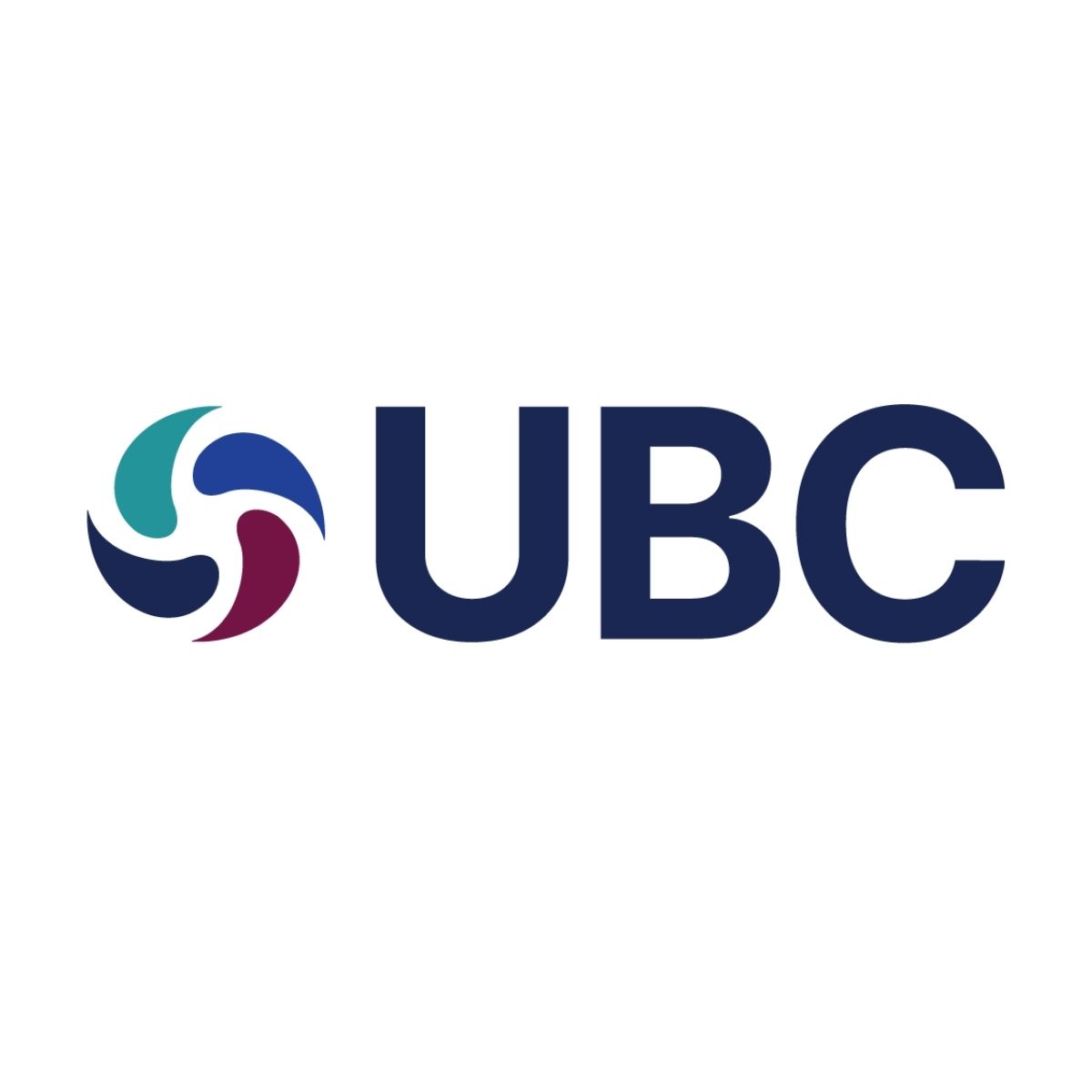The European Union (EU) Health Technology Assessment Regulation (HTA-R) is legislation that focuses on the relative clinical effectiveness and safety of new health technologies compared to existing technologies. It is intended to improve access to medicines and certain medical devices for EU patients by enabling cooperation on evidence requirements and clinical trial design across European Member States. HTA-R is a significant change in the EU healthcare landscape. It seeks to establish a streamlined and widely transparent market for healthcare technologies and eliminate the current country-specific clinical assessments in EU Member States.
The Joint Clinical Assessment (JCA) is a pillar of the HTA-R and is intended to be a single process through which the European Commission aims to harmonize procedures and evidence requirements. This will also help to avoid duplication of dossier development through a single clinical assessment that will occur in parallel with European Medicines Agency(EMA) EU-wide marketing authorization. The goal is to accelerate patient access to innovative medicines across Member States, no matter where patients live. This may reduce barriers to access, especially in smaller markets in Europe, or markets where healthcare system resources are limited.
The European Network for Health Technology Assessment (EUnetHTA) is developing templates and guidance to support JCA in speeding access to medicines, reducing duplication of work, and harmonizing clinical evaluation methods across the EU1. JCA continues to be developed ahead of implementation in January 2025, beginning with oncology therapeutics and advanced therapy medicinal products (ATMPs). This will expand to include all medicinal products, certain medical devices, and in vitro diagnostics by 2030.
While EU Member States are expected to include JCA in their decision-making process, they are not required to do so. Also, access decisions will continue to be made at the country and regional levels. It remains to be seen how JCA assessments will be adopted by individual member states, and to what extent they will inform their own HTA processes. So while this initiative brings optimism for more clearly defined approval criteria and approvals, we are a long way off from determining if it will truly benefit patients or not.
About UBC
United BioSource LLC (UBC) is the leading provider of evidence development solutions with expertise in uniting evidence and access. UBC helps biopharma mitigate risk, address product hurdles, and demonstrate safety, efficacy, and value under real-world conditions. Bringing over 30 years of experience, UBC is uniquely positioned to develop end-to-end integrated evidence generation strategies, identify fit-for-purpose data sources, operationalize planned studies, and ensure regulatory-grade, publishable outputs.
Get in touch with us here.
About the Author

Judy Lytle, Ph.D., MBEE, PMP, is the Executive Director of Real-World Evidence Study Solutions at UBC. She utilizes her extensive expertise to help biopharma develop evidence generation strategies, powered by rigorous science, that are designed to demonstrate value.
References
- EUnetHTA. Joint Clinical Assessment (JCA). Accessed 12/28/2023. https://www.eunethta.eu/jca/






